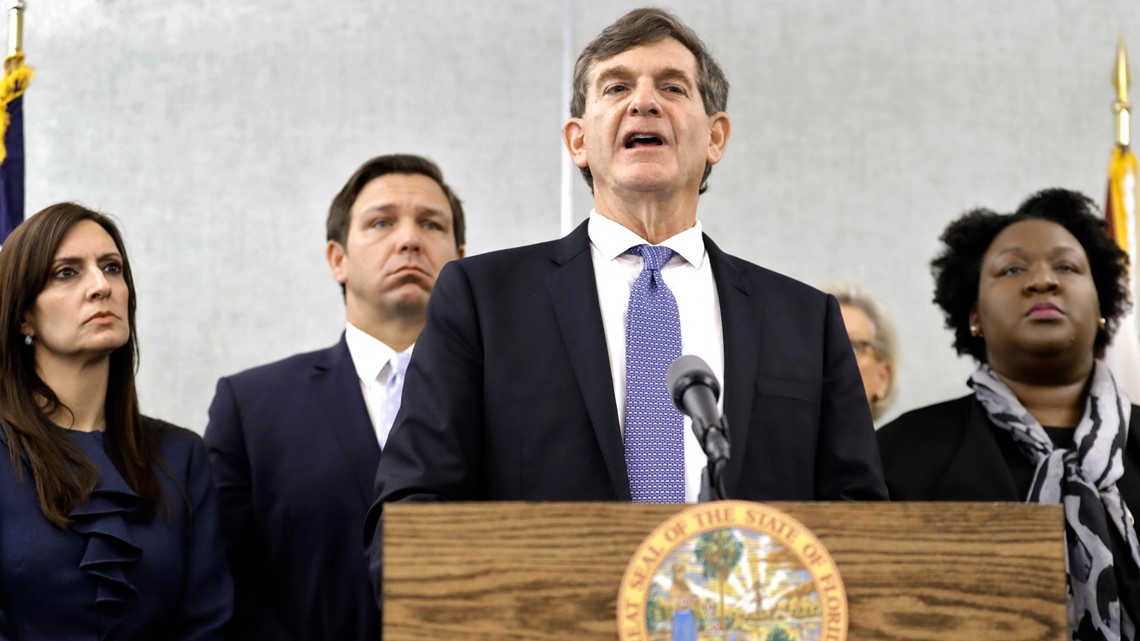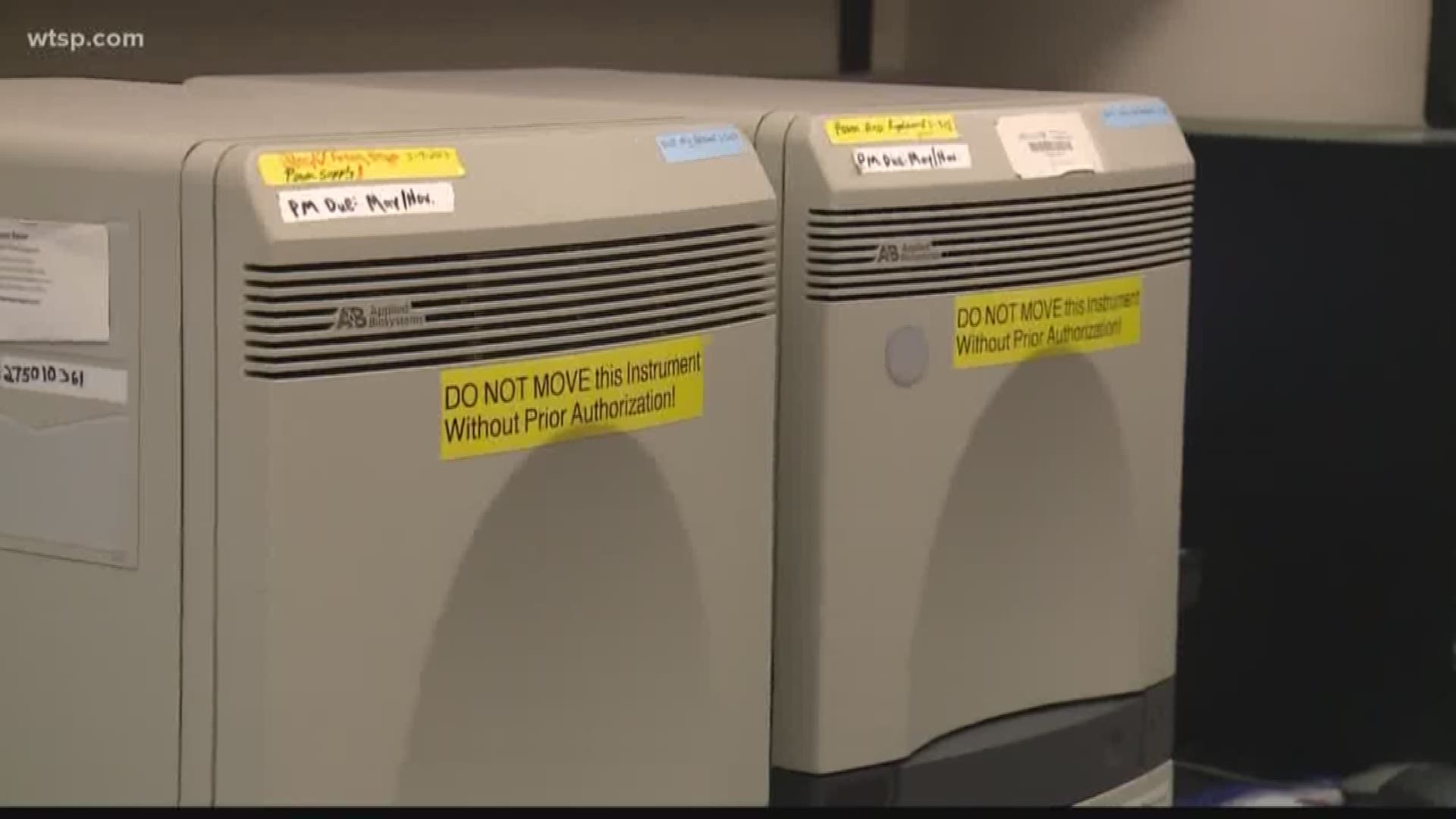ST. PETERSBURG, Fla. — About two dozen Floridians have already gotten tested for the coronavirus.
There are now three Florida Department of Health COVID-19 testing labs: Tampa, Jacksonville and Miami. That means the state can get results in one or two days, instead of having to wait for the Centers for Disease Control and Prevention.
How do you know if you should get tested?
If you’ve been to China, Iran, South Korea, or Italy in the past two weeks, the state wants you to start by self-isolating for 14 days.
This also applies if you’ve been in contact with anyone who’s traveled to those countries.
Keep in mind you can get sick anywhere from two days to two weeks after exposure.
COVID-19 is a respiratory illness that spreads like flu.
If you get sick during self-isolation with symptoms like fever, cough or difficulty breathing, do not go to your doctor or the hospital. Instead, call your county health department and they will tell you what to do next.
How does the testing work?
If the county health department wants you to get tested, they’re going to take swabs from your mouth, nose, and sputum, which is essentially gunk you cough up from your lungs.
The samples from those swabs then get sent to one of the three Florida labs, where they go into machines called 7500 Fast DX Real-Time PCR Instruments for testing.
You’ll find out your results in a day or two.
If the machine says your sample is negative, it stops there. If it’s positive, your samples get sent to the CDC for more testing to confirm.
While waiting for test results, the Florida Department of Health says patients are isolated and the county works to identify who they could have come in contact with.
“Most individuals with COVID-19 will have a mild case. Eighty percent of individuals will be treated and observed at home. Up to 15 percent of individuals may have a more severe case requiring hospitalization. Up to 5 percent of individuals, this may be especially severe,” said Florida State Surgeon General Dr. Scott Rivkees.
Rivkees said the state doesn’t know if there can be false-positive tests.


- 2 people test positive for coronavirus in the Tampa Bay area
- Governor: Florida monitoring 184 more potential coronavirus cases
- US professor at the epicenter of coronavirus outbreak: 'Don’t panic'
- Answers to the top 10 top coronavirus questions on Google
- Who shot a dolphin and stabbed another? There's now a $54,000 reward
- Florida man sentenced to probation after taping dog's mouth shut
- Early voting begins Monday in Hillsborough, Polk counties
FREE 10NEWS APP:



